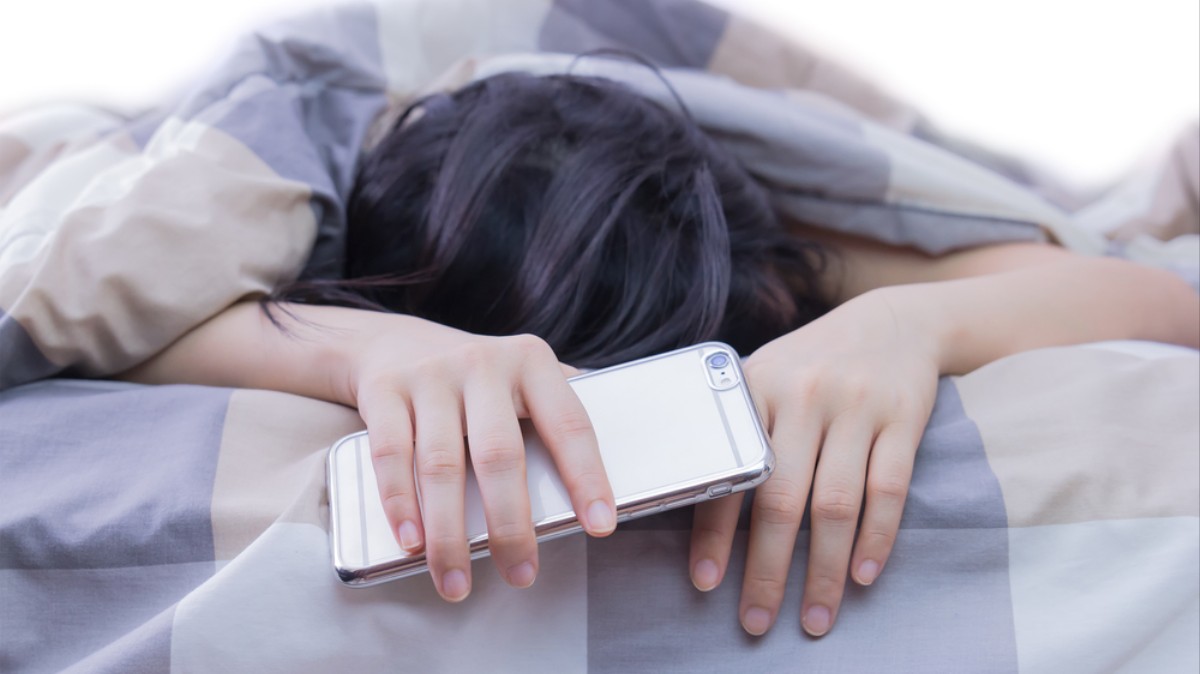High Speed Internet Is Causing Widespread Sleep Deprivation, Study Finds

Sleep deprivation is an increasing problem in many developed countries, which can result in impaired cognition and a number of serious individual and societal consequences. Lack of sleep has been linked to billions of dollars in lost revenue, up to one sixth of all traffic accidents in the US, and increased risk of chronic disease. The reason for this chronic sleep shortage is due to a combination of factors. Longer work hours, stress, and interpersonal relationships have all been blamed for the widespread insomnia. Now a new study claims that high speed internet access is at least partly at fault.
The study, published Friday in the Journal of Economic Behavior and Organization and funded by the European Research Council, suggests that high speed internet access is causing people to lose up to 25 minutes of sleep per night compared to those without high speed internet. It’s the first study to causally link broadband access to sleep deprivation.
The so-called “digitalization of the bedroom,” defined by our inability to part with our phones/laptops/televisions before bed, has already been linked to various sleep disorders. The light from our smartphones and computers suppresses the production of melatonin, which regulates our sleep cycles; late night text messages disturb our sleep; and internet addiction has been cited as a major cause of sleep deprivation. But does the quality of that internet connection also play a role?



